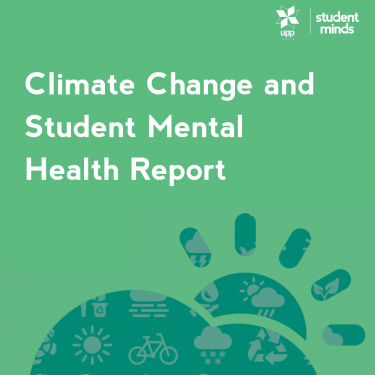
Dr Scott Kelly is the author of the HEPI report Reforming BTECs: Applied General qualifications as a route to higher education, published 23 February 2017
While ministers have been understandably quick to hail the fact that more 16 to 18 year olds are studying the A-levels deemed by the Russell Group to facilitate entry to the most selective institutions, less heralded is the fact that A-levels are increasingly studied in combination with BTECs and other applied qualifications. Yet, the rise in the number of 16-18 year olds studying BTECs at level 3, either exclusively or in combination with A-levels, has been vitally important to widening participation at university. The increase in the number of students arriving at university with BTECs explains almost the entire growth in students from the lowest participation neighbourhoods over the past decade.
The dramatic rise in the number of university students holding BTECs raises important questions about the purpose of the qualification and how it should be treated by policy makers. Higher rates of progression for BTEC students has helped to transform the perception of the qualification from being seen as primarily a route to work to being seen as primarily a route to higher education. While studying BTECs is helping more young people make the jump to HE, they then find that they face a ‘glass ceiling’. Only 15 BTEC students were accepted at the four most selective higher education institutions in 2015; and under 60 per cent of students with BTECs at Russell Group universities complete their course.
As almost 40% of candidates achieve the highest grades at BTECs equivalent to three A-levels, it’s not surprising that many BTEC students start university with high expectations, yet they typically fall behind. Although the picture is improving, compared to those with A-Levels, BTEC students are more likely to drop out; secure a lower class of degree; and to have lower average earnings after graduation.
It would be tempting for policy makers to respond to these issues by making BTECs a less applied and more theoretical qualification. This temptation must be even stronger given that 15 new technical pathways are due to be introduced following the Sainsbury Review. But any reform to BTECs should acknowledge that if this ‘middle option’ were to be lost or changed beyond recognition, then many students could well become disengaged from formal education post-16 as a consequence.
If we are to continue to widen access to higher education, then universities must adapt to a world where more of their students have a background in applied subjects. Research indicates that vocational students can find the first year at university to be a stressful time, and feel that their anxiety could have been mitigated by better information about learner expectations, workload and learning practices.
Some institutions have begun to examine how they can improve transition. For example, Brunel University has established an Improving Transition Project to investigate the reasons for differences in performance between BTEC and A-level students. The project has involved liaison with teaching staff from the adjacent Uxbridge College to identify where students may have knowledge or skills gaps in particular subjects.
Universities should also consider ways of meeting the needs of students with applied backgrounds, particularly when they are transitioning to more theoretical, exam-assessed study. The recent Sainsbury Review of technical education recommends ‘short, flexible bridging provisions’ should be developed by universities to enable students with technical qualifications to settle in smoothly. Access courses already provide a valuable route for people who have been out of education for some time gain entrance to courses in applied subjects such as nursing, social care and midwifery. Higher-tariff institutions concerned about the ability of students with applied qualifications to thrive in an academic environment should consider extending access courses to BTEC students, helping them to adjust to different methods of teaching and assessment.
With a smaller cohort of British 16 to 18 year olds in the short term and potentially fewer European students studying in Britain in the long-term, universities need to think about expanding provision to students from different backgrounds. The task of adapting to a world where more of their students have studied BTECs may well be the first of many challenges on the road ahead.







